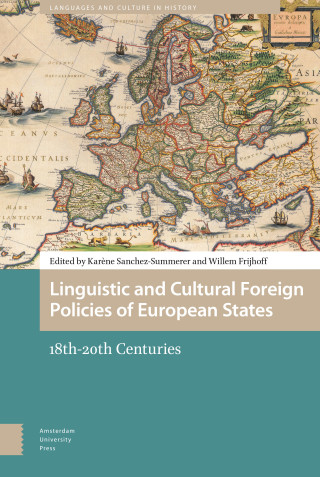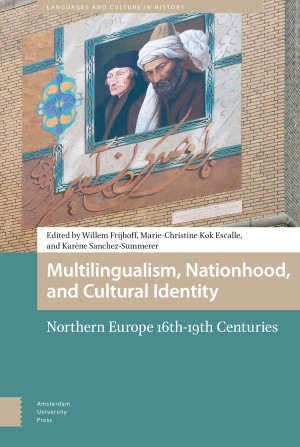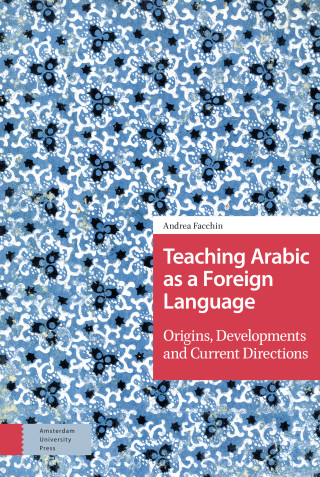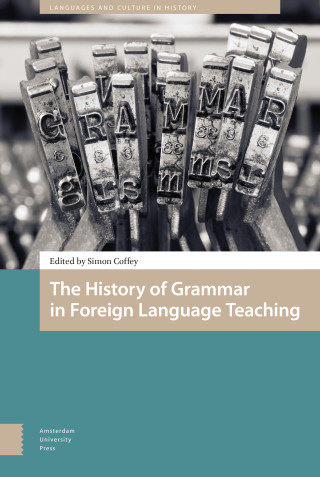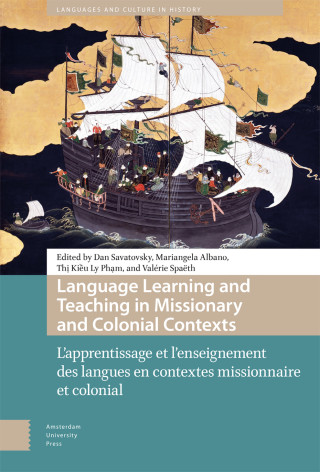Before the modern nation-state became a stable, widespread phenomenon throughout northern Europe, multilingualism-the use of multiple languages in one geographical area-was common throughout the region. This book brings together historians and linguists, who apply their respective analytic tools to offer an interdisciplinary interpretation of the functions of multilingualism in identity-building in the period, and, from that, draw valuable lessons for understanding today's cosmopolitan societies.
